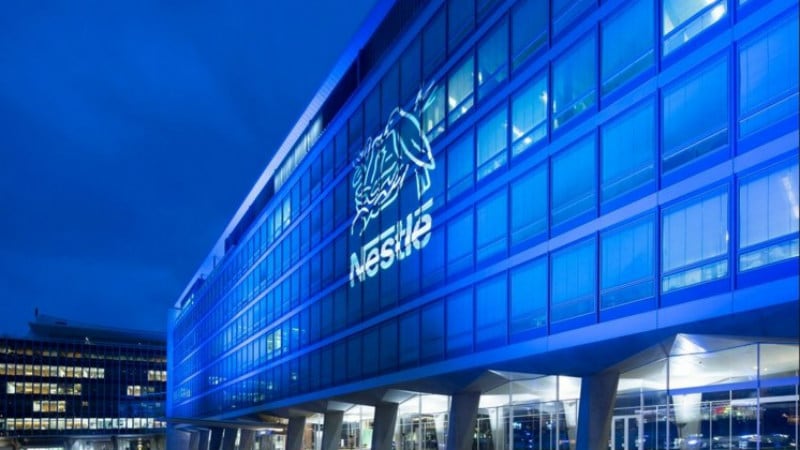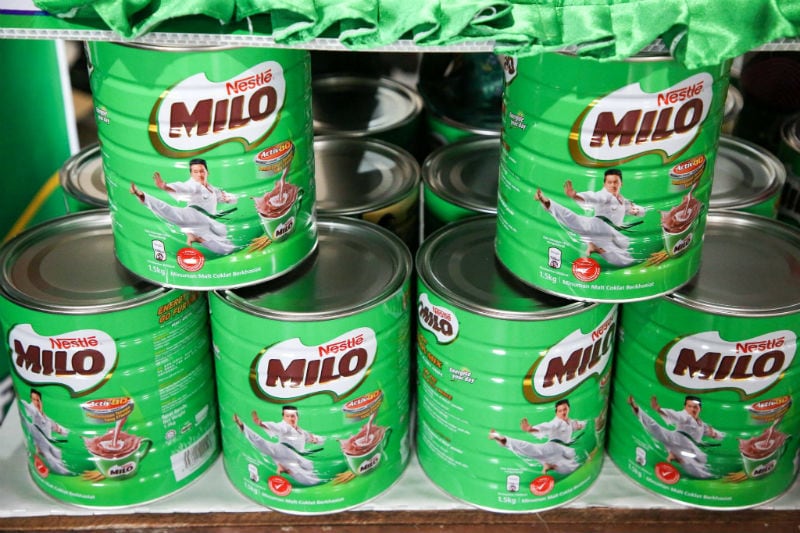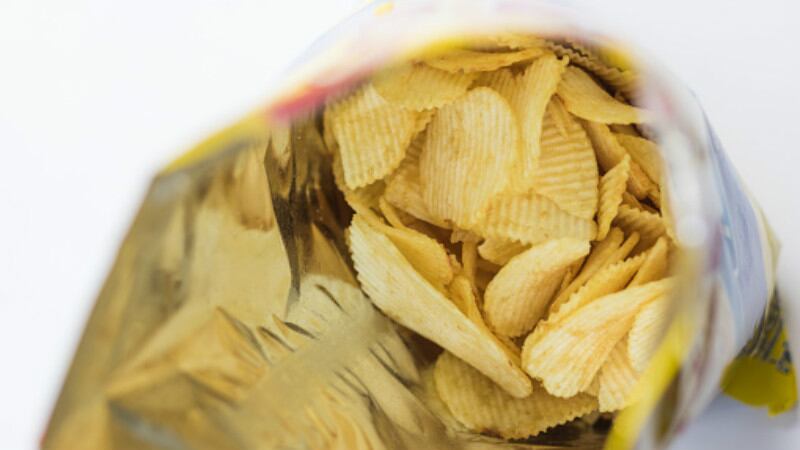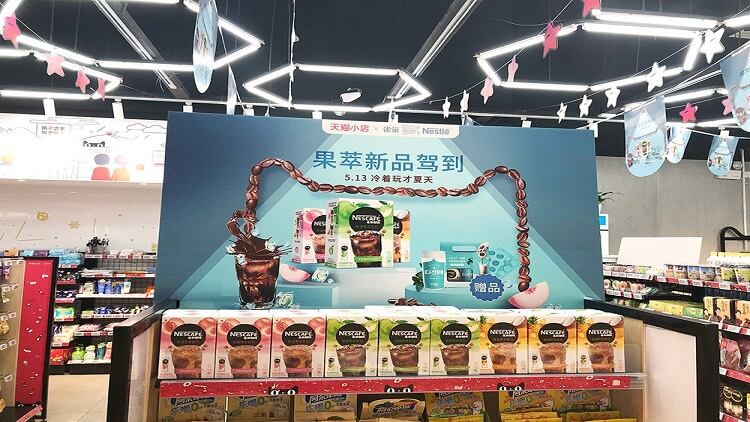OpenSC is a blockchain-enabled food tracking platform, and is a collaborative development between WWF-Australia and BCG Digital Ventures.
The initial pilot will see Nestle tracing its milk sourced from farms in New Zealand across its journey to the company’s relevant warehouses and factories in the United Arab Emirates in the Middle East
“We will trace the milk through its different forms, from liquid fresh milk at the farm in New Zealand through to our powdered milk facilities in the Middle East,” a Nestle spokeswoman told FoodNavigator-Asia.
In addition to this initial pilot, a later one will involve palm oil sourced from the Americas.
Responding to queries about the reasoning behind choosing this palm oil source as opposed to the company’s largest palm oil suppliers in Malaysia and Indonesia, she explained that: “We decided to start at a small scale to assess the new technology before taking the decision to expand further.”
Although Nestle remained coy on revealing further information about possible future test sites in the Asia Pacific region, the spokeswoman clarified that the aim of these pilots was to ‘help us assess the feasibility, viability and scalability of the open technology’.
Nestle Executive Vice President, Head of Operations Magdi Batato added that: “[Nestle wants to help] consumers make informed decisions on their choice of products [and ensure they know they are choosing] products produced responsibly. Open blockchain technology might allow us to share [this] reliable information with consumers.”
In its announcement, the F&B giant claims to be the ‘first major F&B company to announce it will pilot open blockchain technology in this way’.
“This open blockchain technology will allow anyone, anywhere in the world to assess our responsible sourcing facts and figures,” said Nestle Global Head of Responsible Sourcing Benjamin Ware.
“We believe it is another important step towards the full disclosure of our supply chains announced by Nestlé in February this year, raising the bar for transparency and responsible production globally.”
Earlier this year, the company had announced that it was targeting total supply chain transparency for its products as it published a second round of its supplier lists for public perusal. More supplier lists are expected to be released across the next month or two.
More on the technology
According to the WWF Australia website, Open SC provides a unique ID for all food products that go through it via different sorts of technology at different points in the supply chain.
At the point of origin, a RFID tag will be attached to the food item, for example fish. When it is processed at a follow-up location, for instance when the fish is filleted, the RFID tag is then converted to several unique QR codes, one for each fillet.
When a user at the end of the supply chain wishes to track back the origin of the item, artificial intelligence and GPS locating technology is used to identify the source and its processing journey through the chain.
“OpenSC [believes that] what is good for the planet and humanity, should be good for business,” said the company.
“Improved supply chain traceability and transparency technology unlocks a wealth of benefits for businesses committed to more sustainable and ethical approaches.”
Nestle and blockchain
This pilot is not Nestle’s first foray into using blockchain for traceability.
Earlier this year, Nestle China told us that it intended to increase the percentage of products tracked via blockchain from 15% to 18% this year, after it first adopted blockchain in 2018 for 50 key products in its supply chain.
“All of these 50 key products are fully traceable in China. 65% of these 50 products are traceable globally and the remaining 35% are not yet global,” said Nestle China Head of Supply Chain Tony Domingo.
“It is purely a matter of synchronising the system and we have a roadmap that looks at specific categories based on our strategies and our plans. By following this particular roadmap, we make sure that the percentage level increases.”





